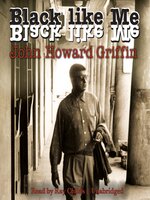-
1
-
2
-
3
-
4
-
5
-
6
-
7
Streaming video - 1980
Saved in: -
8
Streaming video - 1982
Saved in: -
9
Streaming video - 1969
Saved in:
Search tools:
Get RSS feed
–
Email this search
Related Subjects
Motion pictures
Drama
Activity programs
African Americans
Australians
Couples
Detective and mystery television programs
Education, Preschool
Experiments
Herb gardening
Herbs
Intimacy (Psychology)
Love
Nonfiction
Police
Psychology
Race relations
Racism
Science
Serial murderers
Serial murders
Social conditions
Study and teaching (Preschool)
Television mini-series
Television programs
Television series
War films

